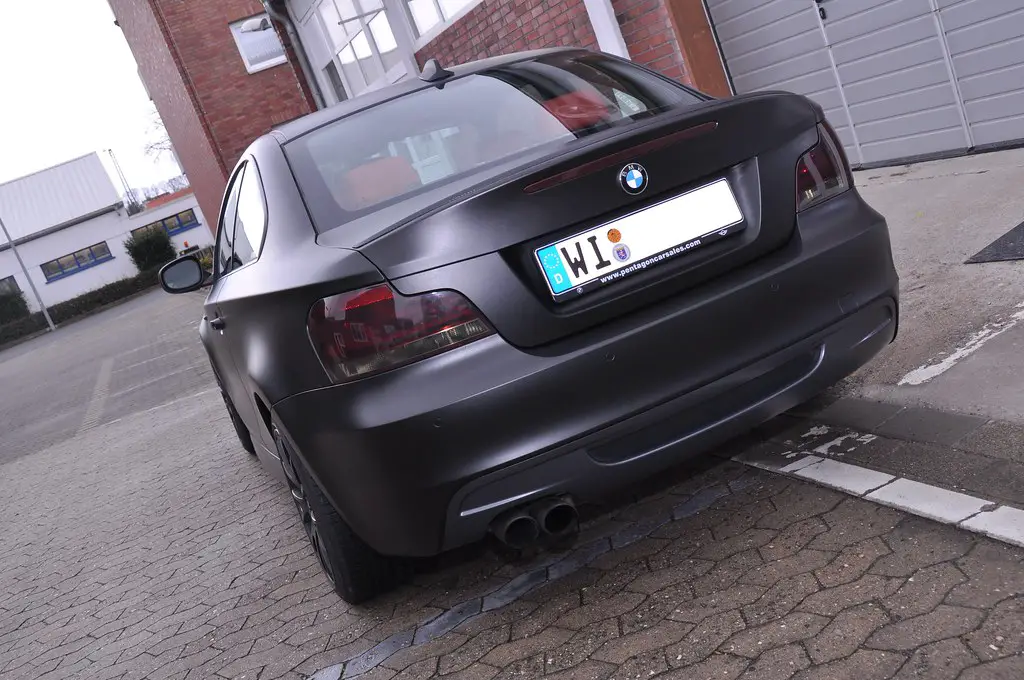Unleashing the potential of your vehicle’s appearance or safeguarding its paint job has never been more exciting with car wrapping. Before delving into this transformative journey, it’s essential to grasp the fundamentals. From expenses to types and all the intricacies in between, this guide is your gateway to understanding car wrapping.
Deciphering Car Wrapping Costs: Unveiling the Numbers
The burning question for many contemplating car wrapping is, “How much does it cost to wrap a car?” However, the answer isn’t set in stone, as various elements contribute to the final tally. Whether you’re inclined towards a DIY adventure or seeking the expertise of professionals, here’s a breakdown of potential expenses:
1. DIY Car Wrapping: Embarking on a DIY project can be both fulfilling and economical. The costs in this scenario encompass tools and equipment ($100-$500) and vinyl expenses ($200-$700, contingent on your vehicle’s size). On average, you’re likely to allocate anywhere from $500 to $1,000.
2. Professional Car Wrapping: For those who desire a polished finish, relying on professionals is a prudent choice. The professional route involves vinyl costs ($300-$1,500) and labor rates ($1,000-$2,500+). Consequently, the overall expense typically hovers between $2,000 and $4,000 for an average-sized car in the US.
Bear in mind, these estimates are based on certain assumptions. Vehicle sizes, shapes, and vinyl quality can sway the final bill. Additionally, professional work often comes with warranties, which could potentially save you significant money down the line.
Influential Factors on Pricing
Numerous factors come into play when determining the cost of car wrapping, ensuring each project maintains its uniqueness:
1. Type of Vinyl Wrap: Vinyl wraps come in an array of finishes and qualities, contributing to the price variance. Standard colors like matte, gloss, and satin are not only popular but also budget-friendly. On the other end, metallic, pearlescent, carbon fiber, textured, and reflective wraps vary in price due to their distinctive aesthetics.
2. Complexity of Vehicle Design: The design and contours of your vehicle wield considerable influence. Cars with simpler, flat surfaces are relatively straightforward and affordable to wrap. However, sports cars or luxury vehicles with intricate designs and curves may command higher costs due to the meticulous labor and precision required.
3. Vehicle Dimensions: Larger vehicles necessitate more material, inevitably escalating expenses. Compact cars might require around 15-17 meters of vinyl, while mid-sized cars might consume 18-20 meters, and full-sized cars or small SUVs could demand 20-23 meters.
4. Comprehensive vs. Partial Wraps: Choosing between comprehensive and partial wraps is another price-determining factor. Comprehensive wraps envelop the entire vehicle, incurring higher costs due to increased material and labor expenditures. In contrast, partial wraps cover specific areas like the roof, hood, or trunk, offering a more budget-friendly alternative.
5. Labor and Installation: The skill and expertise of the professionals are paramount. Experienced technicians might charge more, but their proficiency guarantees a flawless outcome. Labor charges can fluctuate based on location, demand, and the reputation of the installers.
6. Additional Services: Preparing the vehicle for wrapping is a crucial step that might involve thorough cleaning and minor repairs. Some shops provide supplementary treatments such as ceramic coatings, enhancing the wrap’s longevity and durability, albeit at an additional cost.
7. Geographical Locale: Prices can differ based on your geographical location. Metropolitan areas with higher living costs tend to have higher wrapping charges compared to smaller towns.
8. Duration of the Wrap: Temporary wraps intended for events may require different materials compared to long-term wraps, potentially influencing the overall cost.
In summation, car wrapping offers a versatile means of transforming your vehicle’s appearance. Although the expenses are subject to a multitude of factors, understanding these variables can facilitate an educated decision. Whether your objective is a subtle color alteration or an eye-catching design, rest assured that a suitable car wrap option exists for every taste and financial plan. Always keep in mind that while cost is significant, quality and expertise should remain uncompromised. Investing in a top-tier wrap can potentially save you money on potential repairs or replacements in the future.

